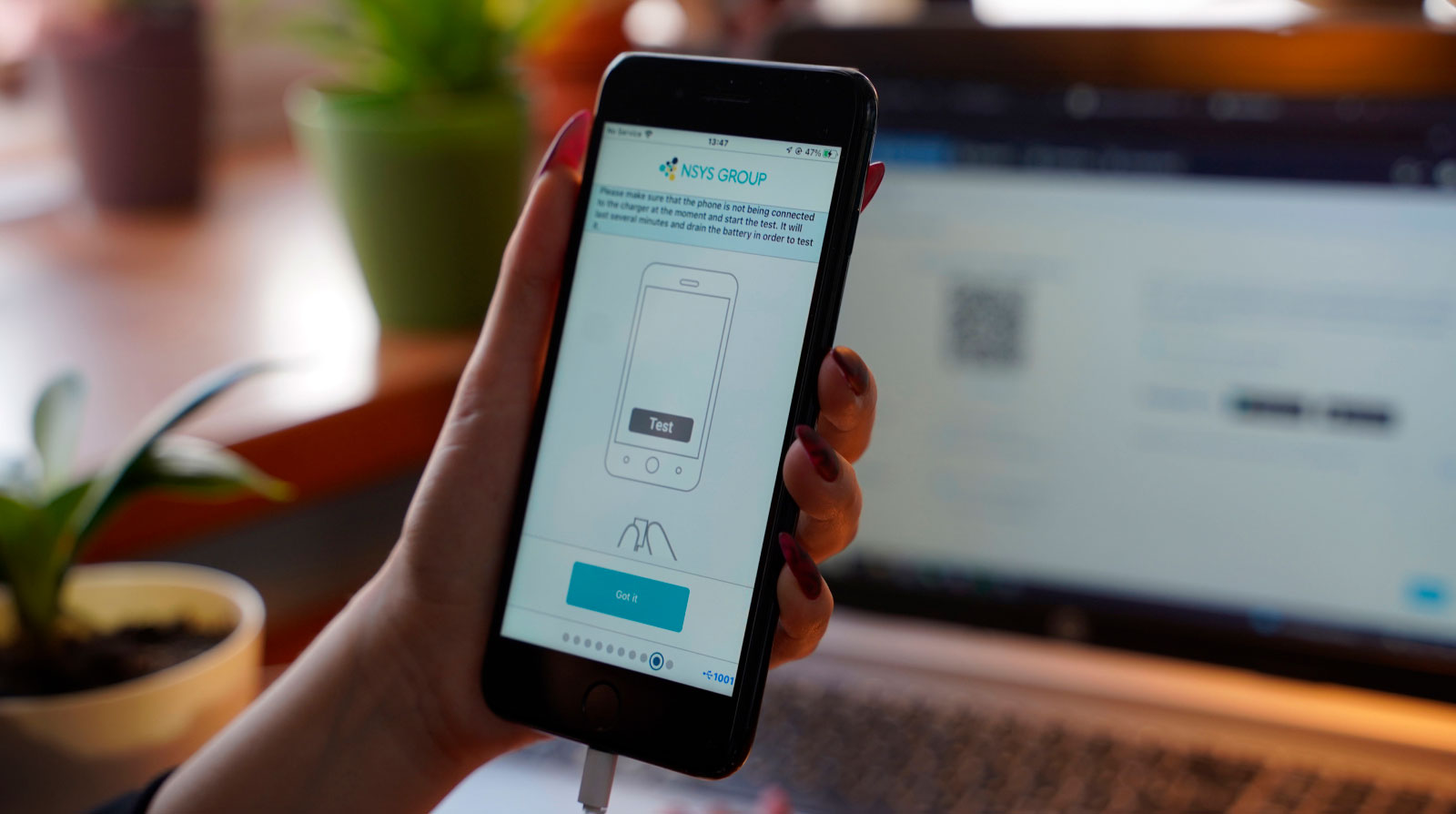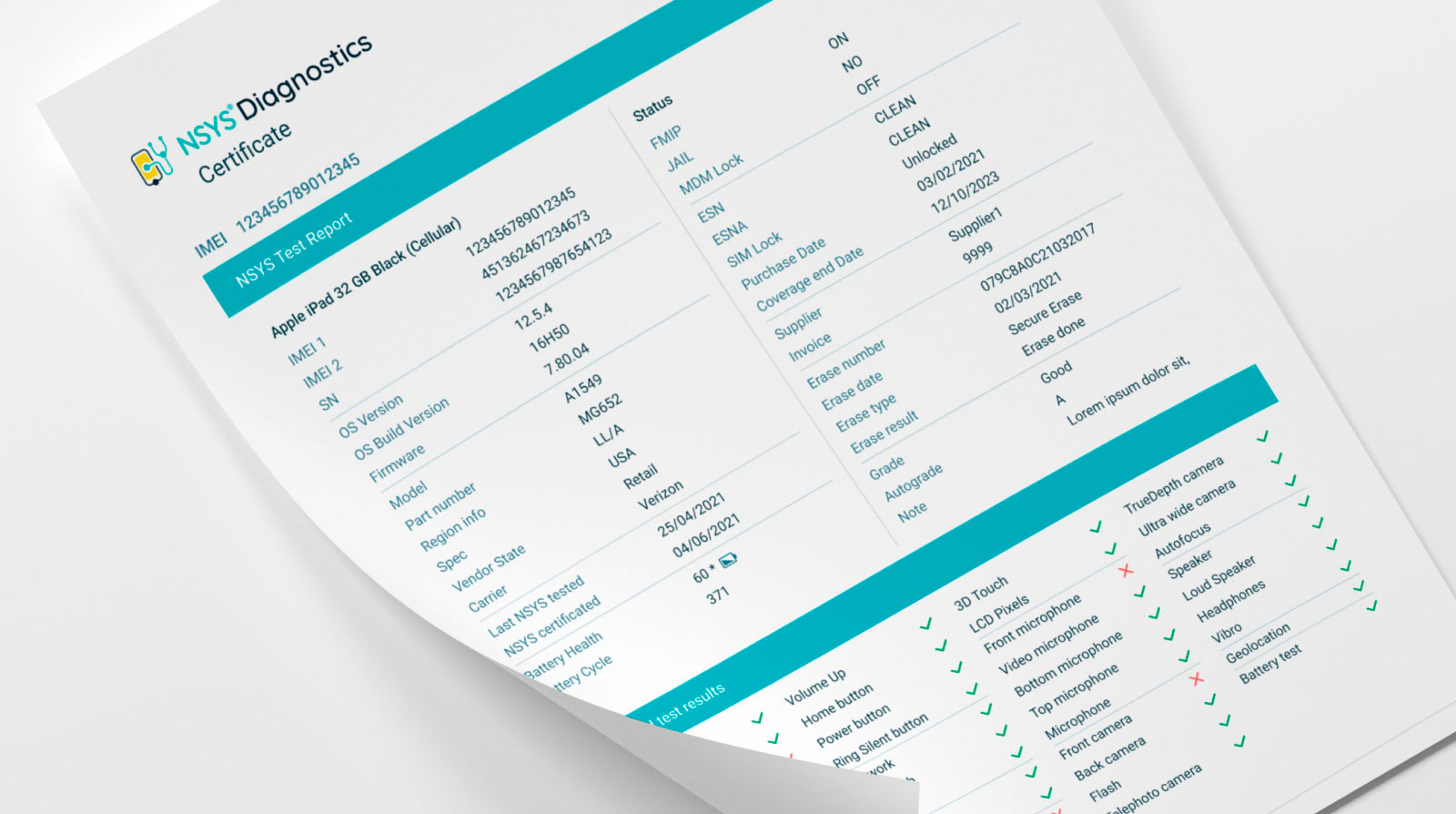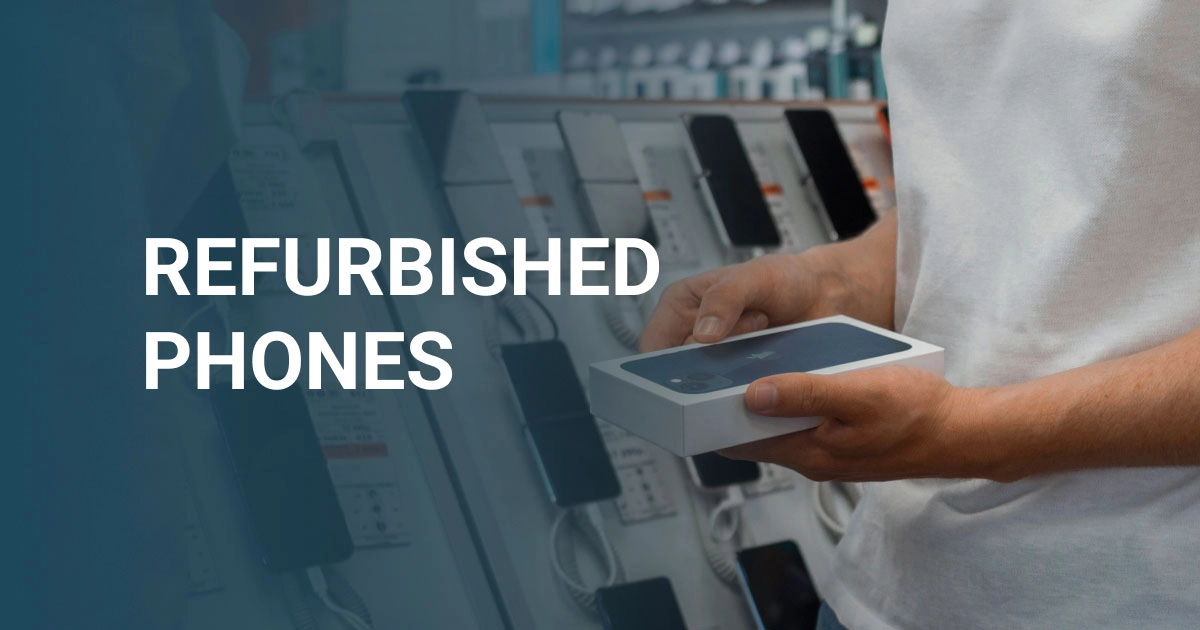Refurbished phones are in demand due to their appealing costs and sustainable advantages. However, customers might have safety concerns and doubt the security of their personal data on these devices. Today, we are addressing these questions and exploring the refurbished device market. Join us!
What Are Refurbished Phones?
A refurbished phone is a pre-owned device that the manufacturer or a third party has restored to a perfectly working condition. After thorough diagnostics and repairs, the refurbished phone looks like a new one and can be resold to the next owner.
Refurbished phones are cheaper than brand-new options and, therefore, appeal to customers. Besides, the refurbishment process prolongs the device lifecycle, lowering the production of new electronics and the extraction of natural resources. Moreover, using pre-owned devices reduces the amount of e-waste produced.
Overall, refurbished phones have numerous benefits for customers and the environment. But what about safety?
What Are the Security Risks of Refurbished Phones?
When it comes to refurbished phones, the most common concern is the safety of personal data. Many people fear that their information might be stolen and used maliciously. However, there are other risks to consider as well. Now, we will debunk the most common myths about refurbished tech.

"Refurbished Phone Can Be Hacked."
Well, it can, just like any other device.
However, a factory reset and data sanitization conducted during refurbishment eliminate these risks. Even if the previous owner installed malicious software, it will be destroyed along with all other personal data.
Apart from pre-installed apps, risks come from outdated software. Operating systems regularly release updates to fight the occurring safety risks and provide protection to users' personal data. Performing software updates is crucial for keeping your information secure.
"Refurbished Devices Are in Unpredictable Condition, Which Leads to Poor Performance."
Although the device might look brand new, its cosmetic condition doesn't guarantee that all parts are working. Purchasing a refurbished device with non-original or broken parts is possible, although it rarely happens when you buy from reputable refurbishers.
"Refurbished Phones Are Cheaper, but They Will Break and Require Additional Expenses."
First of all, even a brand-new phone can require repairs due to manufacturing defects or, more often, misuse. However, if you use the cell phone carefully, there shouldn't be any problems.
The same applies to pre-owned phones: retailers thoroughly test devices during refurbishment, allowing them to provide longer guarantees. If the cell phone has any defects, you can contact the seller and the refurbished device will be fixed under warranty.
"Refurbished Phones Will Be in Working Condition for a Short Time."
When buying a refurbished phone, one might think its lifecycle will be shorter than that of a brand-new device. While this might happen in some cases, a refurbished phone from a reputable retailer will generally work for a long time.
During refurbishing, non-working parts are replaced, new batteries are usually installed, the screen might be changed, etc. Therefore, the lifespan of the refurbished phone will be comparable to that of a new phone.
"Refurbished Phones Have Limited Functionality."
Although obsolete phones don't support the latest updates of apps and some features, this doesn't affect refurbished electronics. Refurbishers ensure that the experience of using a refurbished phone doesn't differ from using a new one. For that reason, the functionality of such a device will depend on the characteristics of the exact cell phone model.

How to Buy Refurbished Phones Safely?
The concerns mentioned above might deter clients from buying pre-owned devices. However, retailers can repel objections by providing testing certificates.
This approach is beneficial for both the business and the customer. The business can assure the phone's condition and, therefore, provide an extended warranty period. The client gets proof that the device is working based on independent testing results.
Overall, the best answer to the question "Is it safe to buy refurbished phones?" is "Yes, if the seller provides testing certificates."
How to Protect Your Refurbished Phones?
When you have purchased a cell phone, whether pre-owned or new, you should follow these rules to protect your smartphone and personal data:
- Perform security updates. Installing the latest version of the software is crucial as it provides up-to-date improvements in terms of safety, device performance, and regulatory compliance. Keeping track of operating system updates is the first step in ensuring secure and efficient device usage.
- Use two-factor authentication. This makes your accounts extremely difficult for unauthorized users to access. Make sure your password is strong and cannot be guessed; do not write it down where it can be easily found. Besides protecting your accounts with a password, implement biometric authentication, such as facial recognition or fingerprint identification.
- Encrypt data on the phone. To secure personal information, enable device encryption, which converts data into a coded format. A decryption key will allow access to files and apps, protecting information from unauthorized individuals.
How to Buy Refurbished Phones in Bulk?
If you run a used phone business and buy refurbished phones in bulk, you need to ensure you test them carefully before the purchase. Complete diagnostics is essential to evaluate the device's condition and set the price on it. Additionally, testing certificates can be used to improve customer trust and provide longer guarantees.
NSYS Diagnostics is mobile device testing software that will help you ensure the high quality of your stock and reduce return rates. The solution performs more than 60 tests to detect over 100 hardware defects. For each processed device, NSYS Diagnostics provides certificates with the results of every test.
Click the button below to try NSYS Diagnostics for your business!








